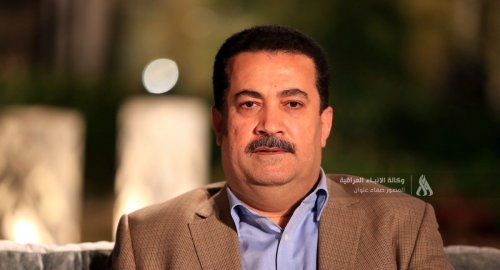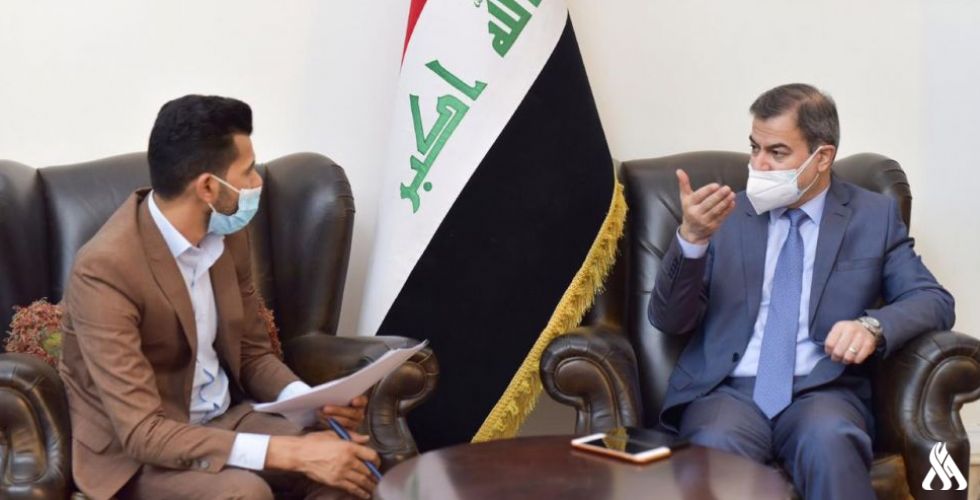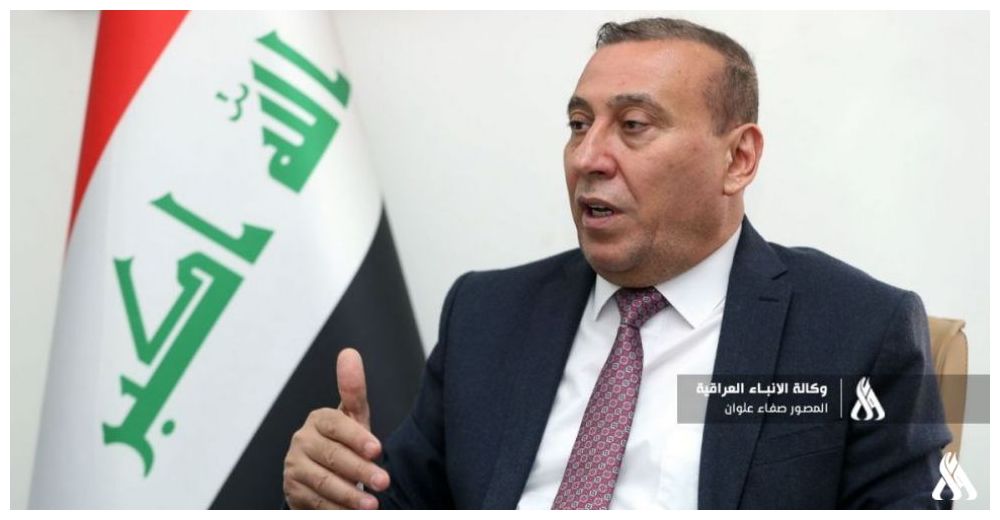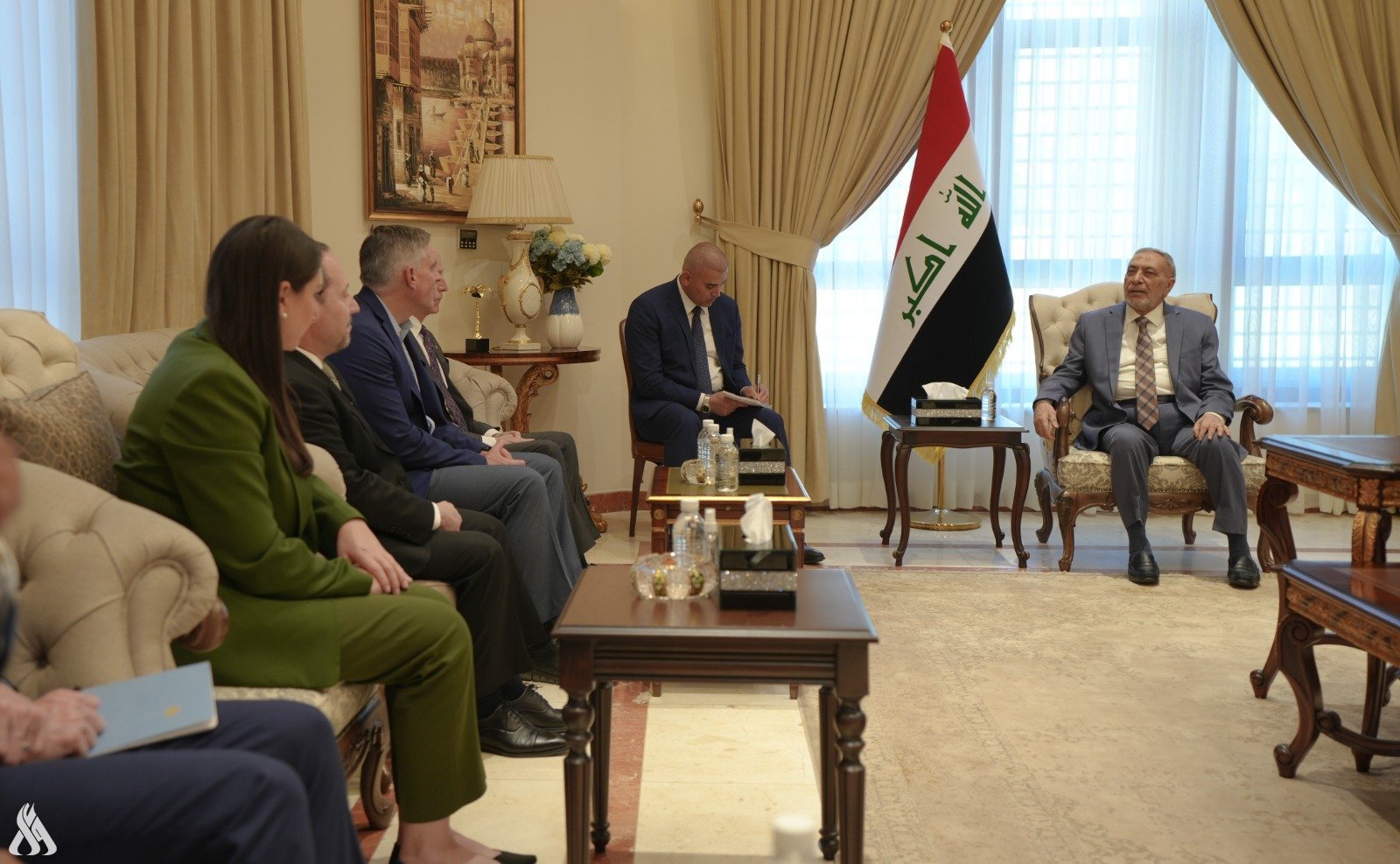
Al-Sudani elaborates the reasons behind annulling Food Security Law

- 17-05-2022, 12:16
Baghdad-INA
MP Mohammed Shiaa Al-Sudani confirmed on Tuesday, that the reasons behind annulling Food Security Law by The Federal Supreme Court is due to the fact that the current government is a caretaker one.
"The interpretation of the limits of the powers of the caretaker government is clear, meaning that this government does not have powers to originate bills, thus any draft laws of the current government cannot be legislated, including the Emergency Food Security Law," Al-Sudani told The Iraqi News Agency (INA).
Al-Sudani added “The best solution for the current situation is to rely on financial advances to cover emergency expenses and provide the requirements of the ration card."
Earlier, Prime Minister Mustafa Al-Kadhimi called on everyone to assume the responsibility; In order to address the implications of the challenges facing the country.
Al-Kadhimi said in a statement received by the Iraqi News Agency (INA): "The Iraqi government confirms its full respect for the constitutional contexts and timings, binding laws, and fatwas issued by the Federal Supreme Court to interpret these texts."
He added that "The government - as caretaker government - according to the constitution, had previously sent to the House of Representatives the Law of Emergency Support For Food Security And Development", with urgent motives; to address the economic challenges imposed by the crisis of high global prices, in order to achieve food security and providing urgent support to the electricity sector before summer season, to prevent any crisis in energy production, or power outages throughout Iraq.
He added that "The law would also support social welfare to protect the poor and needy classes in the face of the global economic crisis, provide services in cities, provide job opportunities for graduates and the unemployed, as well as provide urgent funds to support the agricultural sector and deal with climate changes."
He pointed out that "The failure to achieve all of these necessities represents a factor obstructing the government's role in conducting the daily affairs that fall into the hands of providing the requirements of the Iraqi people, protecting the poorest groups, providing services and electricity, and limiting surging prices."
Al-Sudani Arrives in Sulaymaniyah
- politics
- 10:00
G7 calls for immediate ceasefire in war in Sudan at two-year mark
- International
- 09:12
Iraqi Airways: Airbus A330 is back in service
- Local
- 09:00
Japan takes a cease and desist order to Google
- Multimedia
- 08:16
Duhok of Iraq and Qadsia of Kuwait match kicks off
- Sport
- 25/04/15
Four Daesh terrorists detained in Salahuddin
- Security
- 25/04/14
PM: The value of investment licenses in Iraq reaches $88 billion
- politics
- 25/04/09












